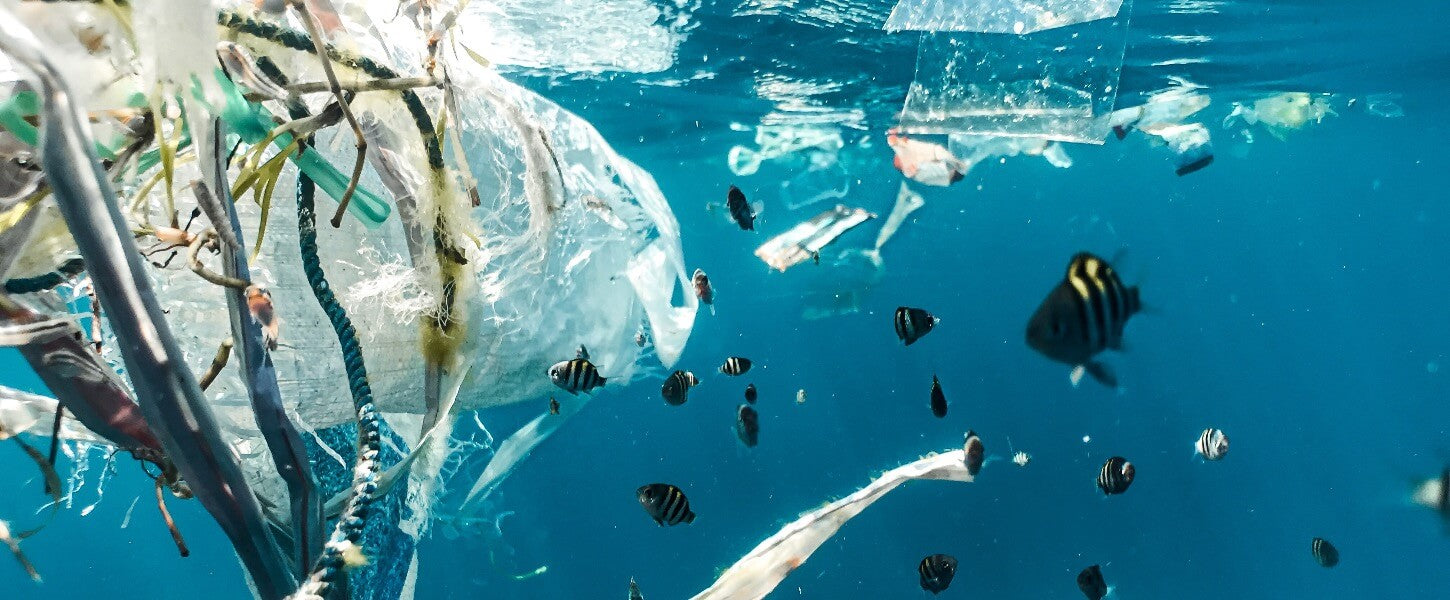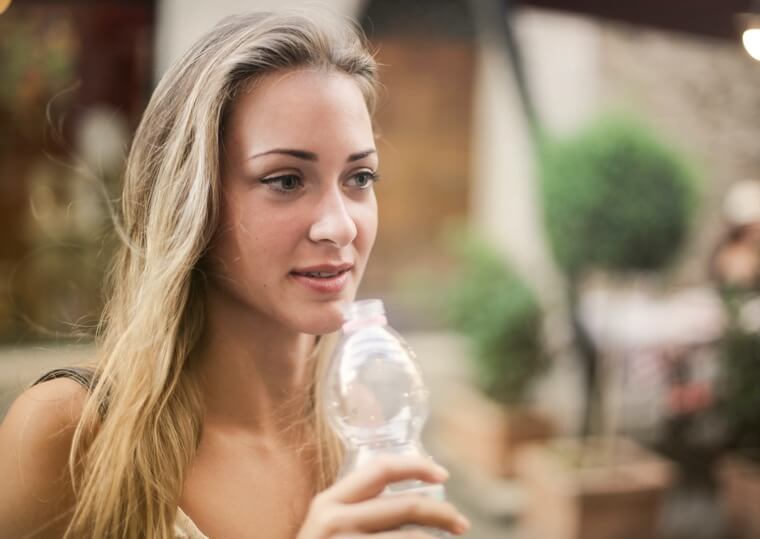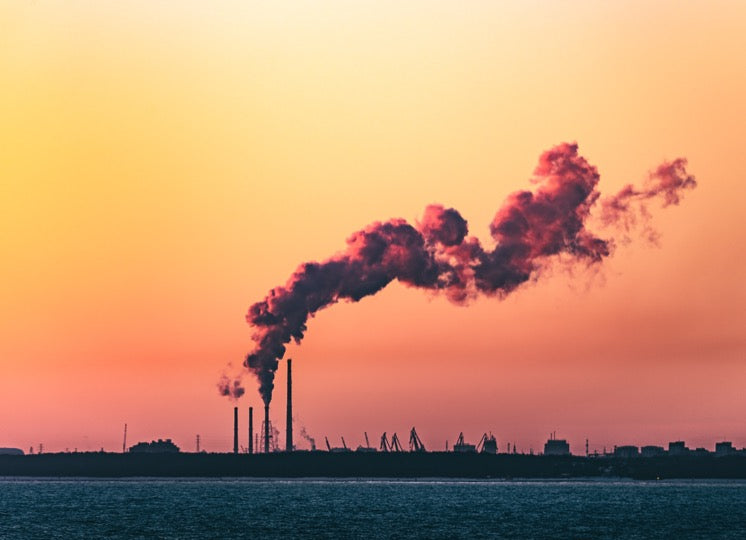The Details
Microplastics sound, well, tiny. But these little shards of plastic debris have a massive impact on the planet. So let’s break down everything you need to know about microplastics: what they are, how they are created, how they impact the environment and people, and what you can do about microplastic pollution.
What are microplastics?
Our landfills and oceans are filled with plastic waste in many shapes and forms - bottles, bags, plastic films, tampon applicators, etc. But even after solid plastic material has disappeared, it leaves behind tiny shards of plastic debris, called microplastics.
Types of Microplastics: Primary & Secondary
There are two kinds of microplastics - primary and secondary.
Primary microplastics are in their original form, meaning they were produced in tiny pieces to serve a purpose. Examples of primary microplastics include exfoliating microbeads found in body scrubs or toothpaste. Secondary microplastics originate from larger objects that have broken down.
Secondary microplastics derive from typical plastic goods - most commonly trash bags, Ziploc bags, plastic water bottles, packaging, and fishing nets. UV rays from the sun and time and abrasion cause these plastic goods to break down into smaller fragments. Microplastics can also come from less obvious sources, like cigarette filters and textiles like clothing. 19-31% of microplastics in the ocean are primary microplastics, while the remaining 69-81% of microplastics are secondary.
The effects of microplastic pollution
Don’t let their small size fool you - microplastics have a significant impact on the planet's health and your health! Here’s what you need to know.
Microplastics and the Planet
Microplastic pollution is most common in marine environments. Water erodes plastic, causing it to break down into these tiny shards. At the same time, being in open water allows for UV rays from the sun to penetrate the plastic, breaking it down further.
You may not see these tiny bits of plastic, but they have a lingering effect on wildlife. First, microplastics accumulate in the ocean and are consumed by tiny organisms. Then, as larger animals feed on small organisms, microplastics move up the food chain.
Microplastic pollution is so prevalent that in a recent study of fish's gut, fillet, and livers, 99% contained microplastic particles in at least one of the three tissues. Unsurprisingly, microplastics are also found in the stomachs of seabirds and, more recently, even in birds of prey. These particles disrupt wildlife, causing harm to animals.
Microplastics and Your Health
A growing body of research has observed microplastics in animals and humans. Recent studies have concluded that most people are ingesting a credit card worth of plastic each week. This plastic is coming from food sources - like fish and other wildlife - and makes it’s way up the food chain. Another leading cause of microplastic consumption is bottled water. A staggering 93% of bottled water sampled worldwide contain microplastic particles, and US tap water also contains large amounts of microplastic debris.
In addition to microplastics in our food and drinking water, you could be breathing in microplastics. As plastic pollution breaks down, small particles of plastic float in the air, and we inhale them as we breathe. In 2022, scientists published new findings that microplastics have been found in human lung tissue for the first time ever.
A 2022 study found microplastics in the human bloodstream for the first time, with microplastics found in almost 80% of participants. What effect does microplastic have on our bodies? Well, while long-term studies have not been conducted on the effects of microplastics on the body, it can be assumed that this pollution is harmful to human health. Scientists have observed metabolic and hormonal disturbance from microplastics, which may lead to weight gain and hormonal issues. Inflammation is another leading cause of concern.

How to Reduce Microplastic Pollution
Here’s the good news: you have the power to reduce microplastic pollution! Through small, everyday choices, you can decrease the amount of microplastic particles in the environment and lessen the impact of existing microplastics on your health.
To reduce plastic pollution dramatically, opt for reusable products whenever possible. Switching to reusable water bottles, shopping bags, food containers, and refillable cleaning products when possible to cut back on plastic waste. When reusable just isn’t an option (helloooo, trash bags and sandwich bags!), choose a compostable option that breaks down cleanly without creating microplastics.





